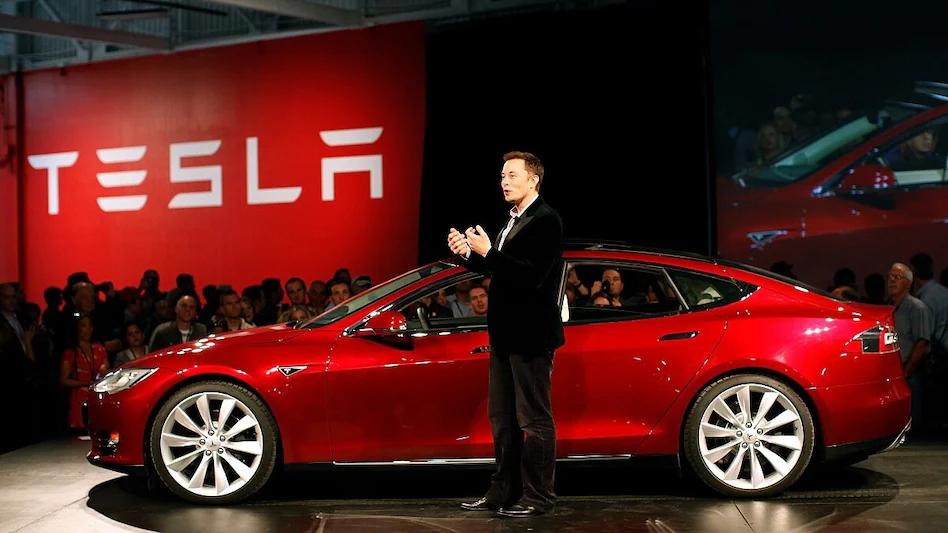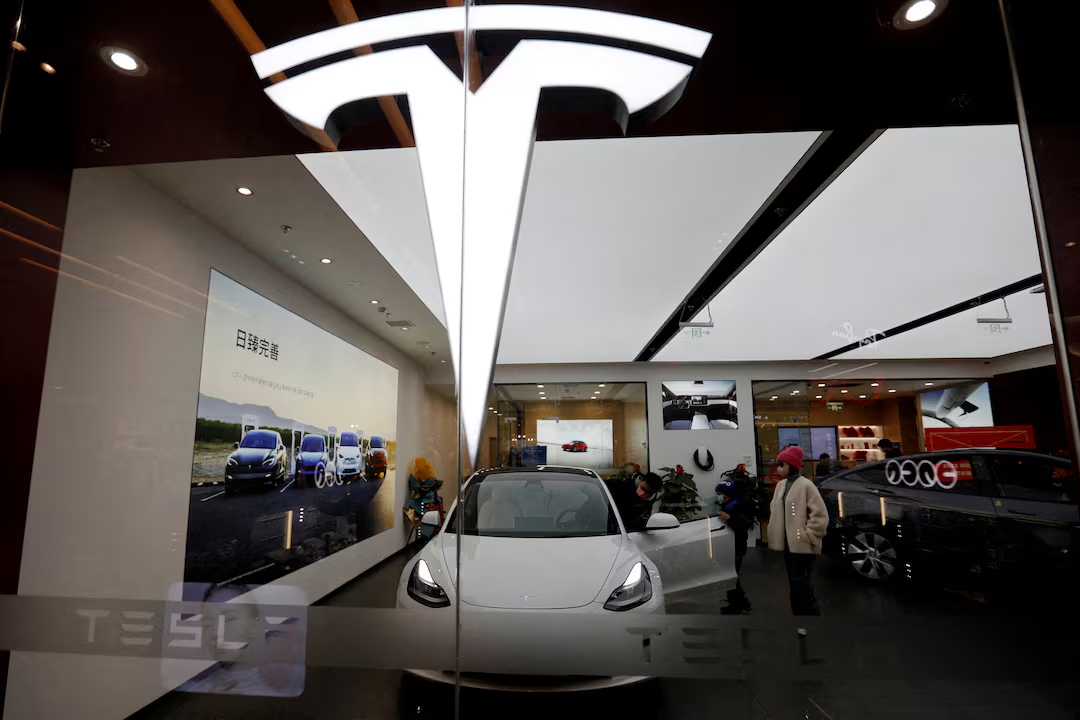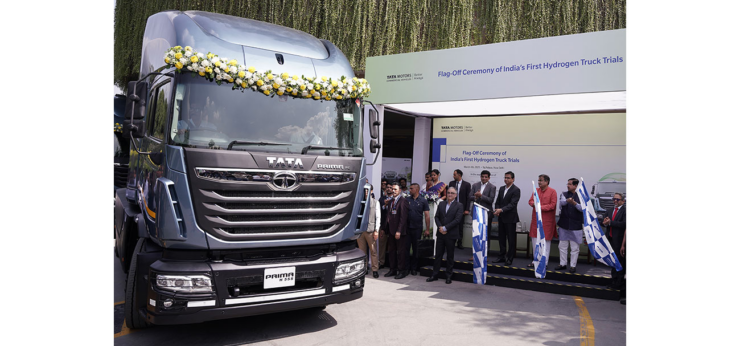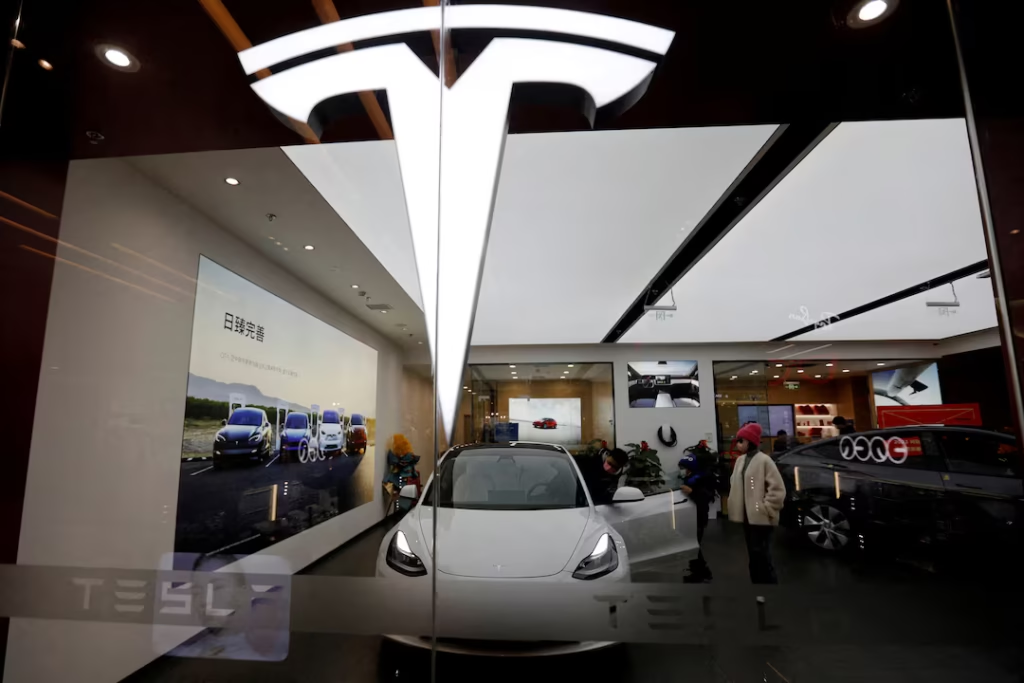Introduction: Tesla, the globally recognized electric vehicle (EV) manufacturer, has confirmed that it will begin selling imported electric vehicles in India by April. This marks a significant shift in its strategy for entering the Indian market. Instead of sourcing cars from China, Tesla has decided to import them from Germany, ensuring high-quality production while navigating challenges associated with tariffs and local regulations. This move is expected to boost Tesla’s presence in India and further popularize electric vehicles in the country.
Tesla’s India Expansion
Tesla’s entry into the Indian market has been eagerly awaited by electric vehicle enthusiasts and environmental advocates. With the country’s growing focus on sustainable transportation solutions, Tesla’s decision to sell its cars in India represents a major step toward reducing the carbon footprint and promoting clean energy.
Key Details:
| Aspect | Details |
| Launch Date | April 2025 |
| Country of Import | Germany (instead of China) |
| Car Models | Tesla Model 3, Model Y (initially) |
| Market Focus | Premium EV market, potential for mass-market models |
| Primary Objective | Popularize electric vehicles, reduce emissions |
Tesla’s strategic decision to import vehicles from Germany instead of China has raised questions, but it may ultimately offer more advantages for the company, especially in terms of aligning with local preferences and avoiding trade tensions.
Why Germany Instead of China?
- Quality Assurance and Local Perception: German-made cars are generally associated with high-quality engineering. For the Indian market, this could be a decisive factor in building brand trust and credibility. While Tesla’s Chinese-made vehicles are known for their excellent technology, the Indian consumer may prefer the added assurance of European manufacturing.
- Avoiding Trade Barriers: India and China have had complex trade relationships, and sourcing cars from China could potentially involve additional duties, tariffs, or import restrictions. By choosing Germany, Tesla avoids these complications and can position itself as a European brand, which may also be favored by some consumers.
- Aligning with Indian Preferences: German vehicles are highly regarded in India, with brands like Mercedes-Benz, BMW, and Audi being popular. By sourcing cars from Germany, Tesla could appeal to the Indian market’s preference for European vehicles, enhancing its brand’s appeal.
Tesla Models Coming to India
Model 3 Overview
| Model | Tesla Model 3 |
| Price Range | ₹55 lakh – ₹60 lakh (approximately) |
| Range | 350 – 580 km (depending on variant) |
| Performance | 0 to 100 km/h in 5.3 seconds (Performance variant) |
| Top Speed | 225 km/h |
The Tesla Model 3 is a compact sedan known for its affordability in the Tesla lineup. It’s equipped with advanced autopilot features, high safety ratings, and exceptional driving range. This vehicle is ideal for urban and highway driving in India, where roads are becoming increasingly suited for electric vehicles.
Model Y Overview
| Model | Tesla Model Y |
| Price Range | ₹70 lakh – ₹75 lakh (approximately) |
| Range | 400 – 520 km (depending on variant) |
| Performance | 0 to 100 km/h in 3.7 seconds (Performance variant) |
| Top Speed | 250 km/h |
The Tesla Model Y is a versatile SUV with a larger interior and greater space. It’s expected to appeal to families or buyers looking for more room in an electric vehicle. Like the Model 3, it offers high performance, with fast acceleration and impressive range.
Why India is the Next Big Market for Tesla
The electric vehicle market in India has been growing steadily over the past few years. As environmental awareness rises and government incentives for EVs increase, India is becoming an attractive market for companies like Tesla.
Growing EV Infrastructure in India
India’s EV infrastructure has been expanding rapidly. Charging stations, both private and public, are being set up across major cities, making it easier for electric vehicle owners to charge their cars. This development is crucial for making EVs more practical for everyday use, especially for long-distance travel. The Indian government has also been pushing for the development of more EV infrastructure, helping to accelerate the shift toward electric mobility.
Government Incentives and Policies
The Indian government has introduced several initiatives to support electric vehicles, such as the Faster Adoption and Manufacturing of Hybrid and Electric Vehicles (FAME) scheme. These policies include financial incentives for buyers and manufacturers of electric vehicles, which make EVs more affordable for the average Indian consumer. Tesla’s entry into India aligns well with these government goals, positioning the company as a key player in the transition to clean energy.
The Indian EV Market: A Look at Competitors
| Brand | Model | Price Range | Key Features |
| Tata Motors | Nexon EV | ₹15 lakh – ₹20 lakh | Popular, affordable, compact SUV |
| MG Motors | ZS EV | ₹25 lakh – ₹30 lakh | Spacious SUV with good range |
| BYD | e6 Electric | ₹23 lakh – ₹25 lakh | Large battery, ideal for fleet usage |
| Mahindra | XUV400 EV | ₹17 lakh – ₹23 lakh | Compact SUV with high performance |
Though these brands are well-established in India, Tesla’s brand recognition and innovative technology give it a competitive edge, especially in the premium EV segment.
Potential Challenges for Tesla in India
Despite its popularity worldwide, Tesla will face several challenges in India:
- High Import Duties: Importing vehicles from Germany rather than manufacturing locally means that Tesla may face higher import duties and taxes, making its cars more expensive. This could limit its appeal to a smaller, wealthier demographic unless Tesla finds ways to bring down costs in the future.
- Charging Infrastructure: While the charging infrastructure is growing, it is still not as widespread as in other countries like the U.S. or China. Tesla will need to collaborate with local partners or invest in expanding charging stations to ensure convenience for its customers.
- Price Sensitivity: The Indian market is highly price-sensitive. Tesla’s vehicles are expected to be in the premium price range, which may limit their appeal to the middle-class majority, especially in the early stages of its launch.
Tesla’s decision to import vehicles from Germany and enter the Indian market is a promising development for the future of electric vehicles in India. While there are challenges to overcome, the growing demand for electric vehicles, coupled with government support and expanding infrastructure, provides a solid foundation for Tesla’s success in India. As the EV market continues to evolve, Tesla’s innovation and brand strength will likely play a key role in shaping the future of sustainable transportation in the country.









